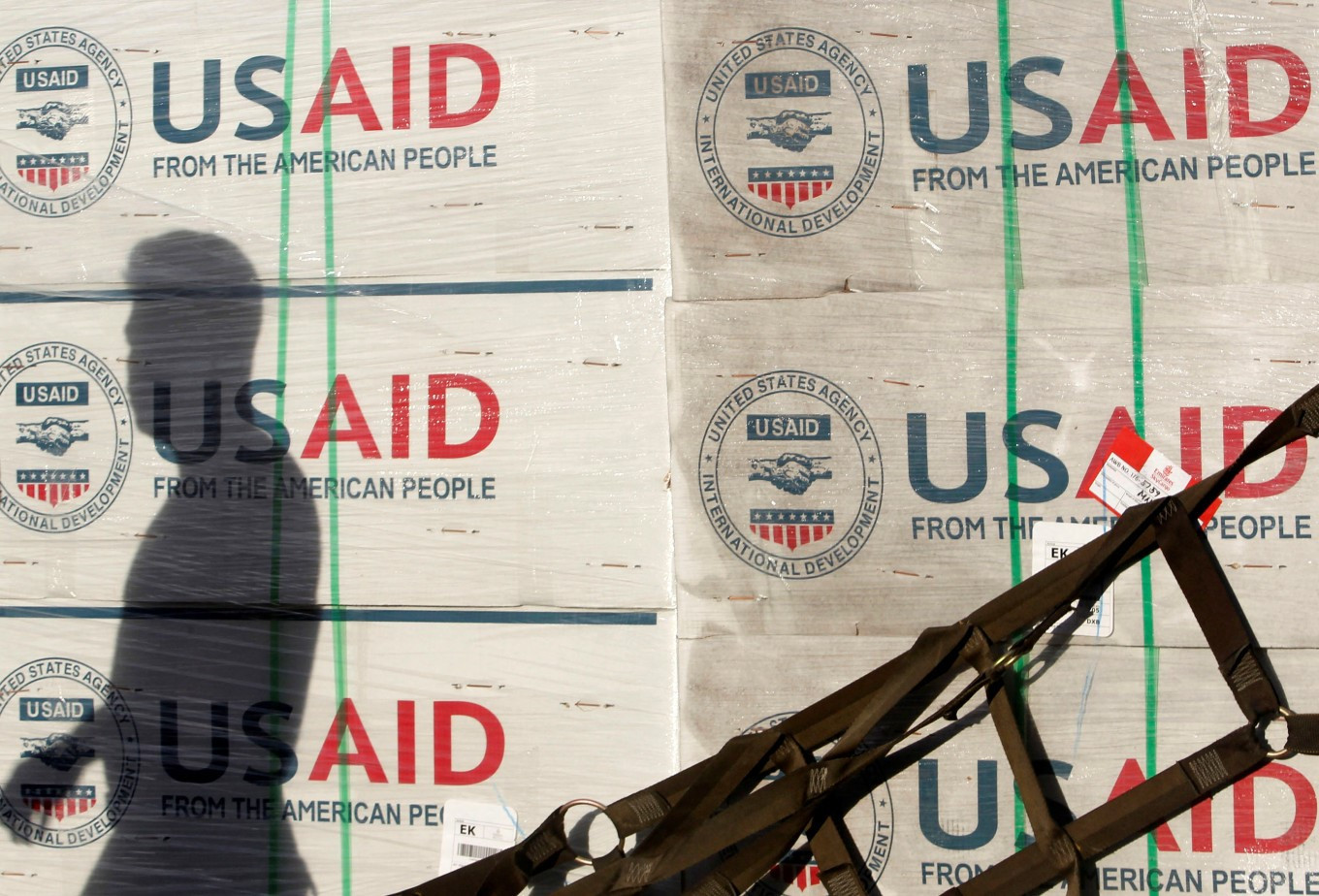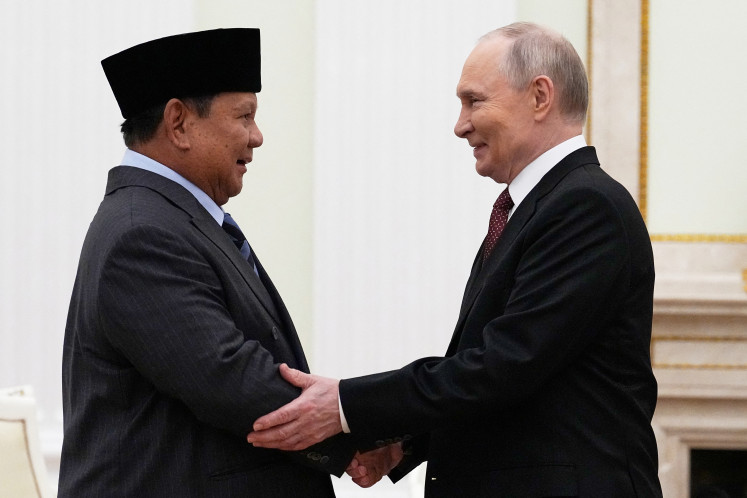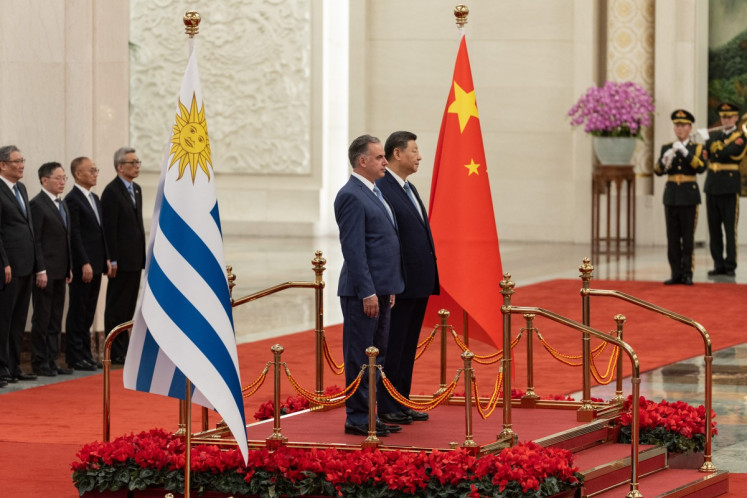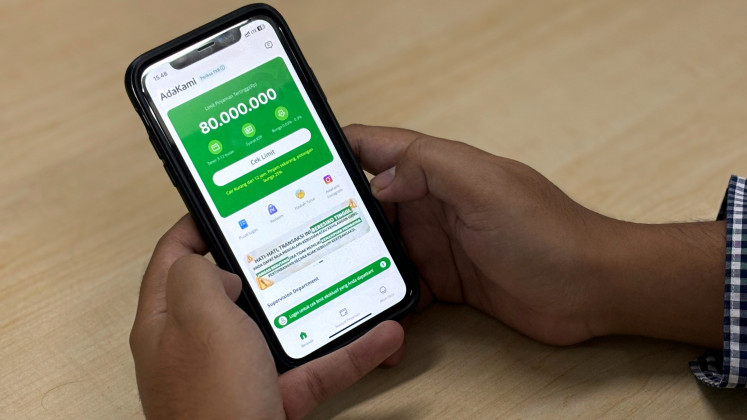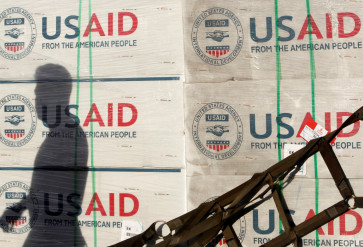Popular Reads
Top Results
Can't find what you're looking for?
View all search resultsPopular Reads
Top Results
Can't find what you're looking for?
View all search resultsAnalysis: Indonesia bracing for big cuts in US foreign aid
Change text size
Gift Premium Articles
to Anyone
I
ndonesian officials may openly dismiss the impact of the likely huge cuts in aid coming from the United States as minimal, but privately they know they will still affect many programs in health promotion, poverty alleviation and climate justice and a few other sectors that are crucial to the country’s 2030 Sustainable Development Goals (SDG) agenda.
Shortly after the Jan. 20 inauguration, the new administration of US President Donald Trump announced a 90-day freeze on all financial assistance to foreign countries managed by the US Agency for International Development (USAID). This week, the Department of Government Efficiency led by billionaire Elon Musk announced it is shutting down the agency and handing over all the aid affairs to the State Department.
When aid resumes after the 90-day freeze, many existing programs considered by the Trump government as not aligned with US government objectives would also be terminated. Almost certain to fall under the axe are programs related to family planning, given Trump’s strong anti-abortion stance; the promotion of diversity, equality and inclusivity, especially for women and LGBTQ communities; and climate change, given Trump’s skeptical view of global warming.
Other health programs not directly funded by USAID could also be cut or affected following Trump’s announcement to quit the World Health Organization (WHO), which runs many programs around the world, including Indonesia. Trump has also pulled the US out of the 2016 Paris Agreement which binds nations to commit to reducing carbon emissions.
Among the major USAID programs in Indonesia are those for family planning, maternal health, children’s malnutrition including stunting, polio vaccination, combatting tuberculosis and malaria and providing clean water to villagers. These programs support Indonesia’s quest to achieve the SDG objectives. Some USAID funds go for democracy and governance programs, including the promotion of free press.
The USAID website has been shut down this past week but some media reports say that Indonesia received US$153 million in funds from the agency in 2023. Aid money comes through other US government agencies, including State and Defense, but it’s not clear if they will be affected.
The Indonesian Health Ministry, among the biggest recipients of USAID funds in the country, has spoken while others are tightlipped, preferring to wait until they know more about the fate of the programs in their charge.

